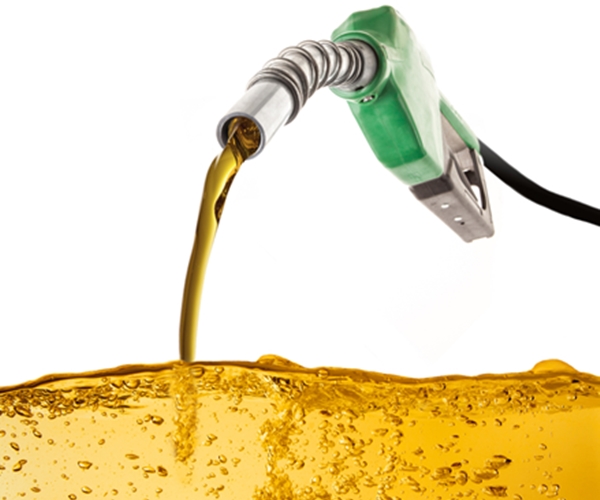Burdened by recurrent fuel shortages, government has been forced to swallow its pride and allow big organisations to import their own fuel. This was revealed by the Minister of Information, Publicity and Broadcasting Services Monica Mutsvangwa at a Post Cabinet Briefing on 5th March 2019.
“Cabinet received the weekly supply situation report from the Minster of Energy and Power Development. In order to close the fuel supply gaps which were experienced in the market during the course of last week, 8 million litres of diesel were released into the market. Following release of funding by the RBZ the fuel supply situation is now expected to stabilise as the week progresses. Furthermore, Cabinet has given a green light to large companies such as those in the mining sector to use their funds to import fuel for their own use,” said Mrs Mutsvangwa
Recurrent shortages
Since the beginning of the year, fuel supply has been somewhat erratic. Notably, long fuel queues temporarily disappeared soon after the January fuel price hikes. The joy was short-lived though. A week ago, government then blamed a procurement glitch for the lack of diesels on the market. There have been rumours that fuel prices are likely to go up again as a result of the effects of the Monetary Policy Statement which left the interbank foreign currency exchange rate at 1:2.5. Government has refuted these claims so far. The effects of that MPS are also beginning to sink in now and we are close to seeing the full impact shortly.
Not new to this
Statutory Instrument (SI) 171 which was introduced back in 2015 once allowed members of the public to import up to 2000 litres of fuel per month for personal use. Two years later, S.I 122 of 2017 repealed this and left only licenced companies with the authority to import fuel. This time around, only companies and not individuals will be allowed to import the precious fluid. The Minister of Energy and Power Development Joram Gumbo confirmed this saying, Government has given the green light to mining companies and those in the farming sector to import fuel using their own funds. At the moment no individual is allowed to do so…”
Is this the answer?
It is important to note that despite all previous government efforts, fuel supply remains constrained. Allowing the largest exporters (miners and farmers) and other big companies to import this may have the positive effect of easing the pressure on retailers. Less people will queue for fuel. In addition, production for the large companies may improve. Low productivity has been an issue since the start of the year too. Unfortunately, this alone may not be enough to increase production as exporters are still plagued by other challenges, chief among them, foreign currency retention thresholds.
Truth be told, government policies seem to be changing frequently. This may kill business momentum and consistency. We hope this latest initiative will yield the desired results. From the onset, it looks reactive rather than proactive and this is not an inspiring starting point. You never know in Zimbabwe, it may just be what the doctor ordered.








